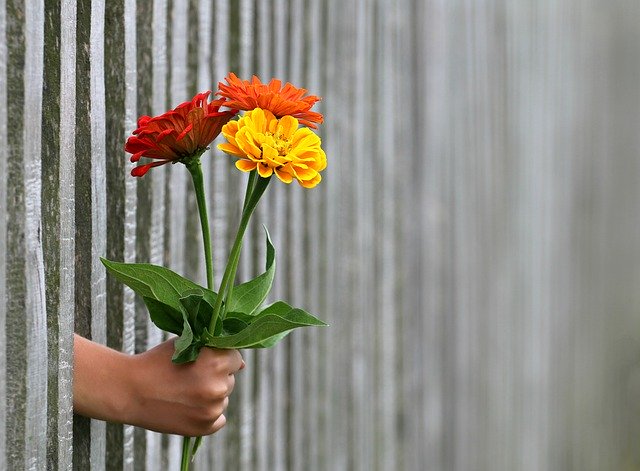The Passion Economy

I read an article recently from a16z entitled “The Passion Economy and the Future of Work”. The article highlights some very interesting points about the future of work and how creators and entrepreneurs of all kinds are leveraging their uniqueness to create a living for themselves online.
The ubiquity of technology at scale and the ever increasing amount of online tools allow almost anyone to monetize unique skills online. We saw the first wave of this with the gig economy. Gig workers were able to leverage their skillsets to engage in one time transactions and get paid for it.
Now there are more ways than ever to capitalize on creativity. Passion economy marketplaces supersede the limited one-to-one service basis of the gig economy, and replace it with selling digitally on a one to many basis. Whether you want to produce music on soundcloud, use Twitch to steam gaming or become a full time video producer on Youtube, the options for you to explore and share your creativity at scale are boundless.
So what is the passion economy?
Li Jin describes the passion economy as follows:
“Any potential path to monetization where people are leveraging their individuality...It is beyond just podcasters and youtubers and visual content creators. It encompasses things like video course creators or virtual teachers or tutors or virtual coaches or professional coaching…. Some of these online courses encompass everything from ‘how to organize your home’ or ‘how to not kill all of your plants’ to more traditional educational subject like ‘how to start your own online business’ or ‘how to start a podcast’”
A growing number of digital platforms are giving creators and entrepreneurs the ability to highlight their individuality. Combining these tools in new and creative ways is helping to fuel a new model of internet-powered entrepreneurship. The passion economy allows creators to expand their audience and offer something that is more differentiated than anything else that exists. Passion Economy Marketplaces are about individuals selling their hyper-personal knowledge, entertainment, skill or craft.
The barrier to entry for bringing ideas from concept to creation is getting lower by the day. There is even a whole host of new no-code tools that are allowing non-technical creators to build projects they would otherwise never have had the ability to create.
There is even a book called “The Passion Economy” by Adam Davidson. He makes the point that we are moving into a new type of economy. He points out how much of the 20th century was focused around industrial and corporate work and making individuals fit into variations of the same thing.
The passion economy is an evolution towards a world where we are not trying to mass produce the same things as quickly and cheaply as possible, but rather, are more focused on achieving economic growth by producing specialised products and services that people crave intimately.
What does this mean for creators?
There has never been a better time to be a creator. The growing number of digital platforms and tools we have mentioned already are available to everyone, not just existing businesses and professionals. They allow creators to create new forms of work and revenue by building products and services and nurturing an audience. SaaS tools allow creators to run their own businesses and control of their own platforms allow for a strong loyalty between service provider and consumer. The layers of intermediaries between creators and their audience is being squeezed out.
The commoditization of the internet means that the ability to make a living off creative skills has trickled all the way down to individuals at scale. A focus on selling digital products and services is seeing the emergence of new platforms that facilitate and embrace the individuality of creators. The likes of Thinkinfic, Podia and Teachable allow creators to create and sell courses and digital memberships.
Platforms embracing the passion economy are also pivoting away from traditional advertising models that have been used by internet giants in the past. They are invested in seeing their users succeed and grow instead of driving one time transactions. SaaS offerings with tiered pricing structures are positioned to benefit from the growth of their initial users. Shopify is an excellent example of how this type of model can work at scale.
Looking to the future
New and integrated platforms are allowing individuals to express and monetize creativity. Not only will we see more individuals embracing this new trend, we will also see the emergence of more platforms and marketplaces that facilitate interaction and growth among sub-niches. The passion economy will continue to be about quality and creating products and services that are not easily replicable.






I like the essay too. It's one of the in-depth articles about passion economy. It provides a different angle to look at individuality and the future of work. Definitely worth a read. (Disclosure: I included this article in my newsletter and my thoughts, too)
That is great @junji. Glad you like it. Absolutely, there is great opportunity for people from anywhere to make a living with the passion economy!
So you included the original a16z article or this one that I published in your newsletter?
The original article.
That's awesome. It is a great read!
Yeah. Do you have your own newsletter as well? If not, it's not too late to start one. lol
I do indeed my man. It's just a weekly update on everything about Startup Sanctuary for the moment and highlights some of the weekly content too.
But i think it's this one: https://startupsanctuary.com/build-a-newsletter-business-overview/?
The link your comment is broken though.
Oooh thats a course that is not 'live' yet... lol
It will be published in the next day or two.
Sending you an email now :)
This comment was deleted 5 years ago.
Li Jin's works are awesome reads. I also recommend 100 True Fans.
The main point is that there's more opportunities than ever on the internet. What are we doing with that?
Thanks @witsuma. Yes I have read 100 True Fans also. It is a cool concept and really shows the power of niche communities.
We are building community, one person at a time ;)
Love it. I think the passion economy is the main ingredient in the modern rise of paid online communities.
Thanks @channingallen. I think you hit the nail on the head with this one!